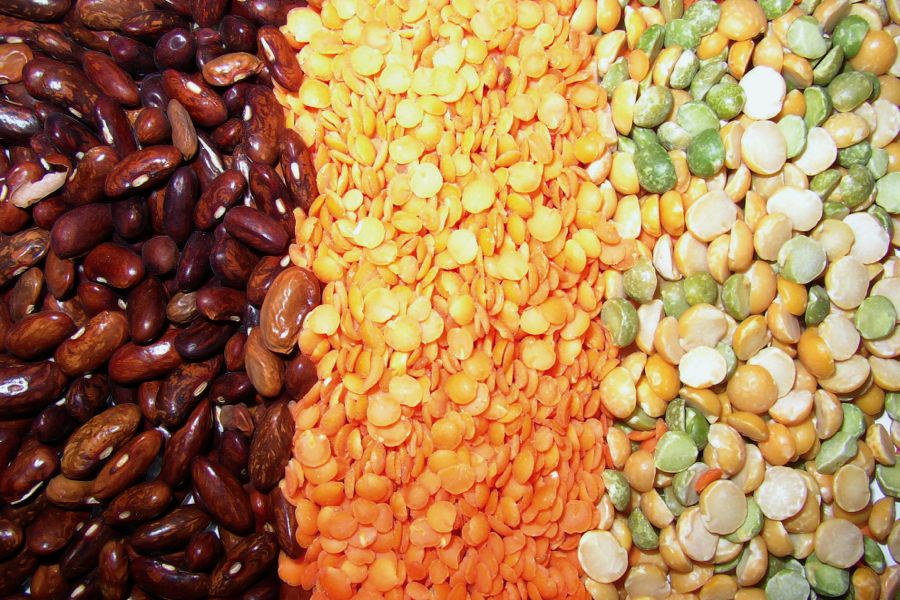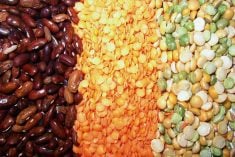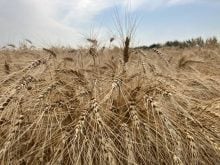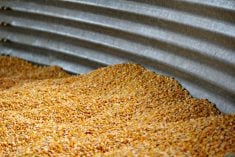(Resource News International) — Fall has finally come to the Canadian Prairies, with most areas having seen some frost now and forecasts calling for seasonally cool temperatures for the next week.
However, farmers were able to make good harvest progress in recent weeks and analysts didn’t think the colder weather would cause any serious concern for crops still in the field at this late stage.
Temperatures dropped below freezing across most of southern Manitoba early Tuesday morning, while large portions of Alberta and Saskatchewan saw some frost earlier in the week, according to Environment Canada data.
Read Also

Pulse Weekly: AAFC forecast stands pat
There were no changes to the pulse numbers for 2025/26 in the October supply and demand report from Agriculture and Agri-Food Canada on Oct. 17. So far it has translated into Western Canadian pulse prices holding steady.
Stuart McMillan, a weather analyst with the Canadian Wheat Board, said the latest frosts may have caused some downgrading to the later-seeded cereals, although he expected most fields were now at a stage where any damage would be minimal.
Most of those crops that were still not harvested and at risk of frost damage were already in questionable shape to begin with, he added.
McMillan said precipitation will be the real deciding factor with the cereal crops at this point, as producers will need dry conditions to get the last of the cereal crops off.
Derwyn Hammond, an agronomy specialist with the Canola Council of Canada at Brandon, Man., said canola in most areas was also past the point of being at risk of frost damage.
The majority of the canola that hasn’t been harvested yet is lying in the swath, where it would be protected from frost, he said.
For canola that has been swathed and is now waiting to cure before harvest, Hammond said cool temperatures would help. He noted the unseasonably warm temperatures earlier this month had caused some fields to dry down too quickly.
















